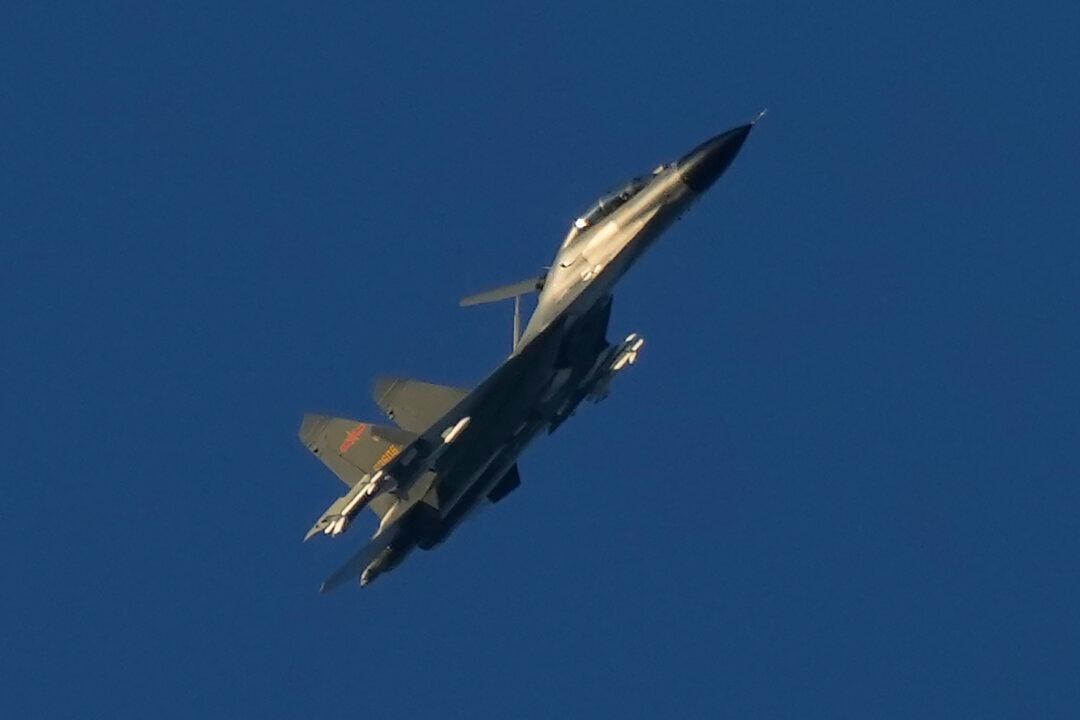Liberal MP Judy Sgro called for action from an international aviation regulator after China’s recent adjustment of flight routes in the Taiwan Strait. Beijing’s move has garnered international criticism, with concerns raised about potential threats to regional stability and aviation safety.
On Feb. 7, Ms. Sgro met with Harry Tseng, the Taiwanese representative in Canada, to discuss various issues related to Beijing’s ongoing pressure on Taiwan. Mr. Tseng was invited to offer insights to MPs on the regime’s responses to the recent presidential election in Taiwan, according to a press release from the Taiwan representative office in Canada.





